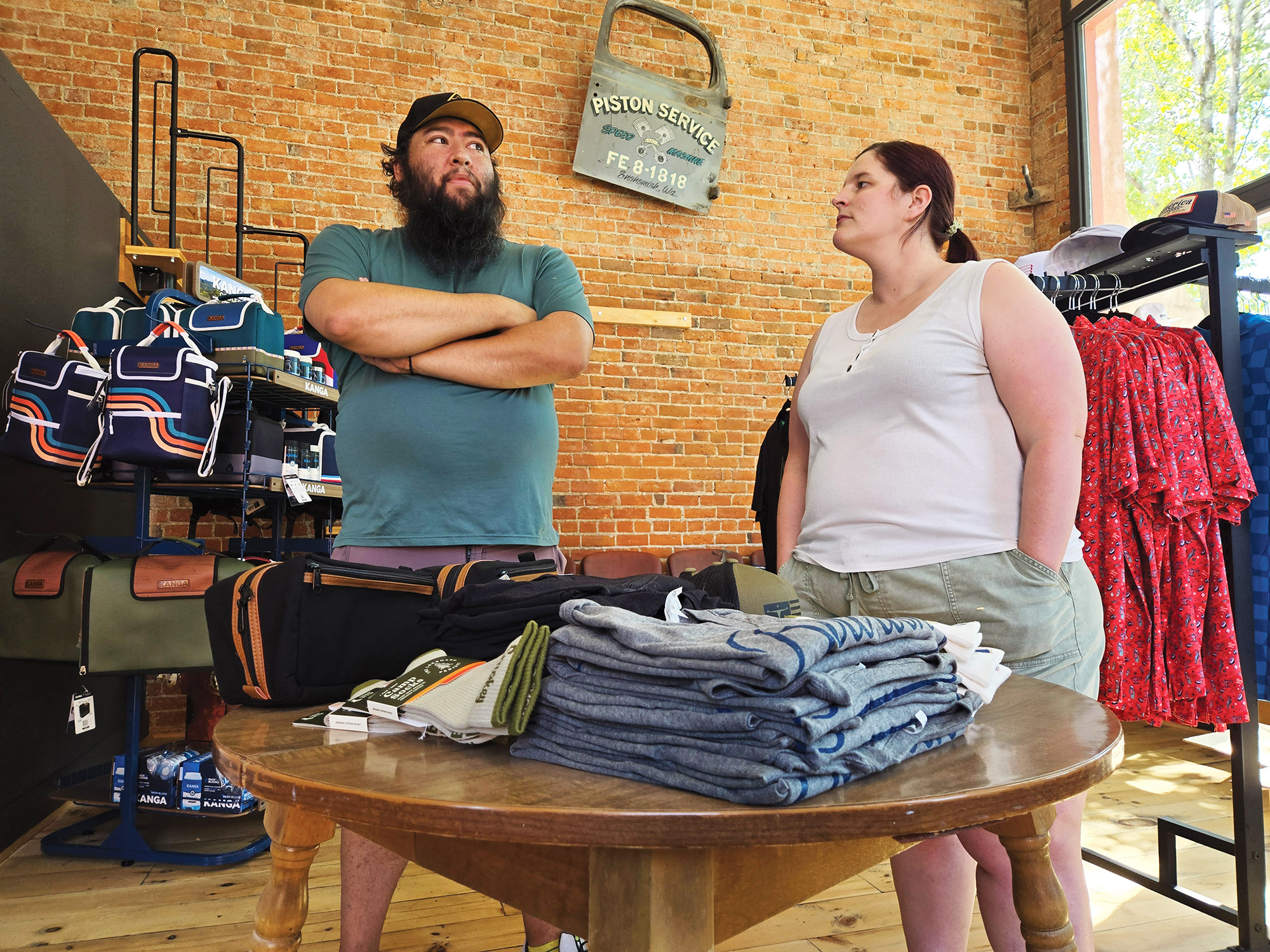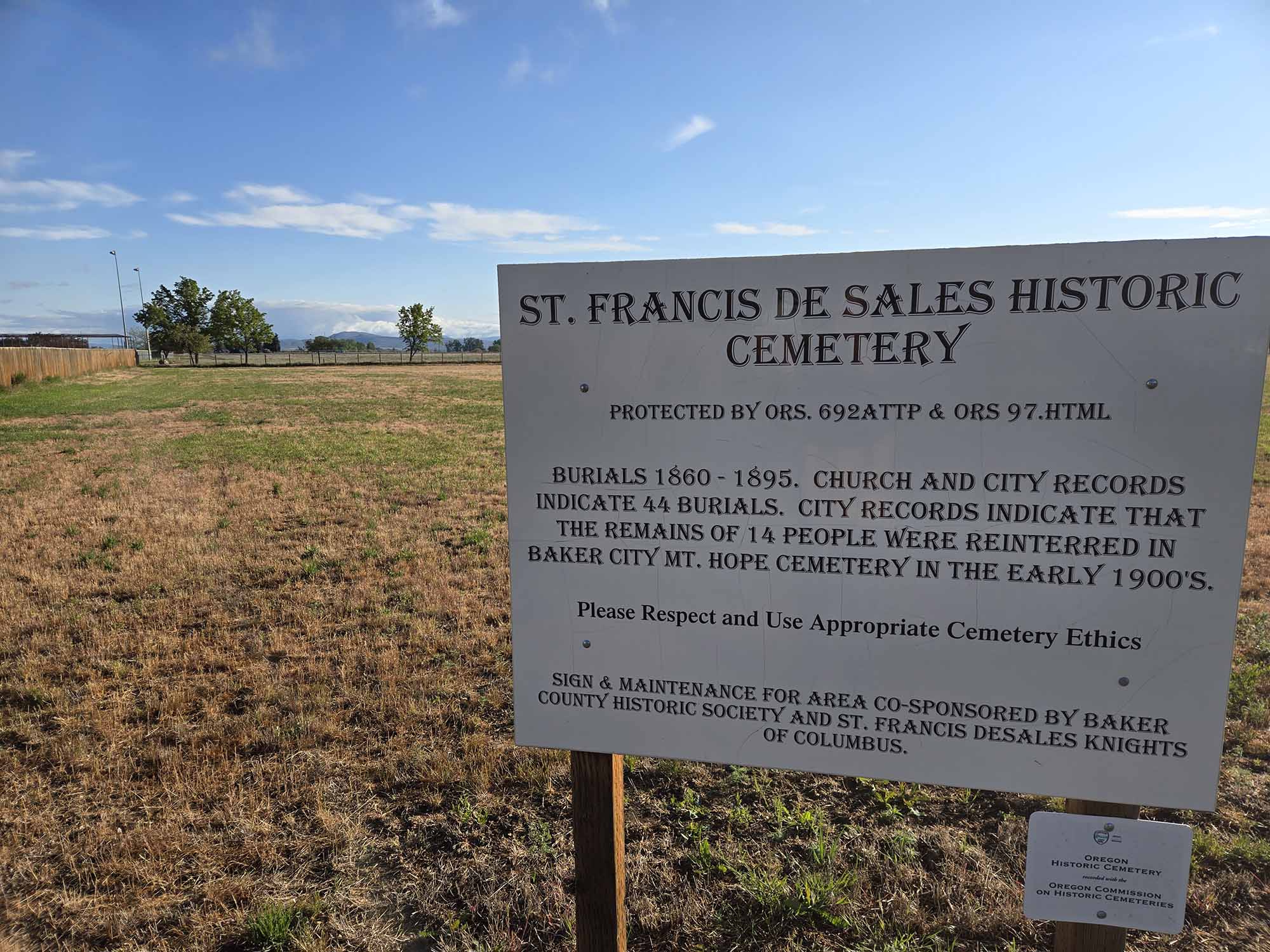COLUMN: The genius behind such delicacies as the Frito
Published 2:46 pm Friday, June 11, 2021
I am fascinated by the reality that anyone, in contemplating a pile of plain old cornmeal, could conceive of something as magical, as truly life-changing, as the Frito.
Trending
I am equally entranced by the genius that is required to turn sugar, water and a tropical nut into Coca-Cola, Pepsi, or some other refreshing elixir, or to transform the humble cacao bean into a decadent candy bar.
I have for some years harbored an obsession with people who figured out how to convert the simplest foodstuffs into cultural icons that generate billions of dollars in revenue every year.
It is, I suppose, an unhealthy interest.
Trending
Studying the history of popular processed foods is neither the highest of intellectual pursuits, nor is it a topic likely to appear on any syllabus at the finest universities.
Moreover, most of the products that have attained iconic status would cause a nutritionist to shudder (and, perhaps, to nibble on some fresh kale for solace).
Certainly that trio I cited above — deep-fried corn chips, sugar-laden sodas, and chocolate — is the caloric wrecking ball to the responsible food pyramid, a barrage of empty calories that lays waste to tooth enamel and to arteries with equal aplomb.
But each is also indubitably tasty.
The oily crunch of a Frito, the chilly and fizzy swallow of cola, the creamy texture of milk chocolate — these gratify our souls in a way kale never could.
But I find comfort in these foods not only in the traditional sense of that word, but also because they have endured for so many decades, an edible thread connecting generations of American gullets.
By comparison, so many other things integral to society have changed so dramatically that today we scarcely recognize their ancestral equivalents.
We still drive cars, most of us, but the vehicles that emerge from factories in 2021 have little in common with a Model T, save the basic elements of an engine, four tires and a steering wheel.
We’ve been chatting on phones for more than a century, but as recently as 20 years ago few of us would have expected that these previously umbilical devices would become so indispensable and so capable.
But a Hershey chocolate bar is still the same luscious treat that it was during the Roaring Twenties.
And a Lay’s potato chip is just as satisfying as ever it was.
Given my affinity for these items, both for their flavors and for their historical authenticity, I wasn’t even slightly surprised by how much I enjoy the History Channel’s series, “The Food That Built America.”
But in common with any competent documentary, this one has educated me even while it was entertaining.
I wasn’t utterly ignorant of the topic, to be sure.
As I suspect is true for most people who are powerless against the lure of chocolate and soda, I had a passing familiarity with the stories of Milton Hershey and John Pemberton.
But I didn’t know that HB Reese — the man who figured out that the combination of chocolate and peanut butter can wobble the Earth slightly on its axis — himself toiled for Hershey before setting out on his own sweet and decadent path in business.
Nor was I aware that behind both of the pizza titans, Domino’s and Pizza Hut, stands a pair of brothers.
I was equally fascinated, if not more so, to learn that Pabst, the brewing behemoth with its famous blue ribbon, survived Prohibition in part by producing a spreadable cheese, and that in so doing the company ran afoul of a certain Mr. Kraft, who wasn’t keen on having his years of oily, smelly work in the kitchen foiled by a big beer outfit.
“The Food That Built America” isn’t perfect.
I find the dramatic reenactments occasionally cloying. These are necessary, certainly, given the lack of archival film and photographs from episodes that in some cases happened more than a century ago, and that wouldn’t have seemed historic at the time.
But the actors’ exaggerated facial expressions distracted me from such epochal scenes as the first meeting between Herman Lay and Charles Elmer Doolin.
The first name is of course instantly recognizable to potato chip aficionados.
The latter is not — I’d never heard of the man — but should be.
Doolin created the Frito, a level of accomplishment that Lay, even though his name still graces those shiny bags filled with deliciousness, can’t claim for potato chips.
Doolin ought to have something majestic named for him.
Thousands have been honored for doing nothing nearly as consequential.
Jayson Jacoby is editor of the Baker City Herald.








